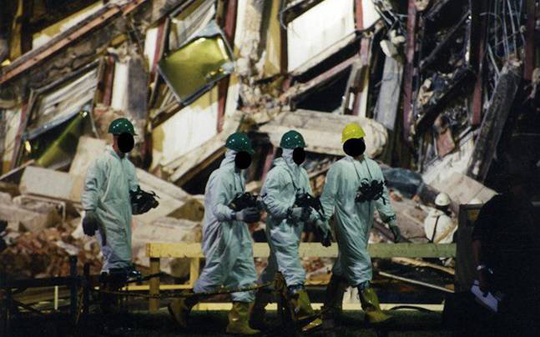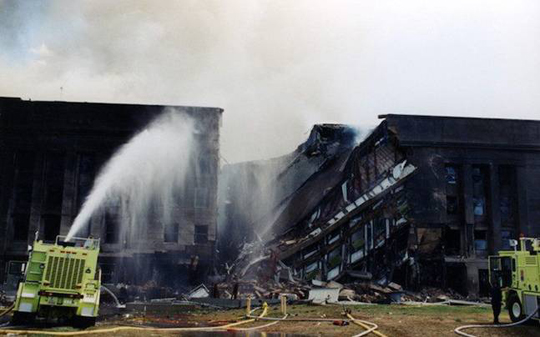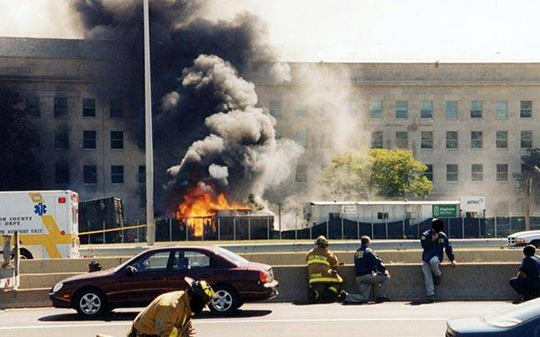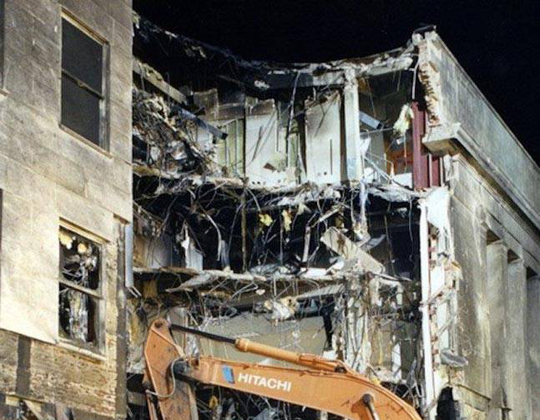Washington, May 22: The deadly coronavirus came from China and the US is not going to take it lightly, American President Donald Trump said on Thursday.
"It came from China. We are not happy about it. We just signed a trade deal, the ink wasn't dry and all of the sudden this floated in. We are not going to take it lightly,” Trump said participating in a Listening Session with African-American Leaders in Michigan.
Trump in the last several weeks has been very critical of China's inability to control the spread of the novel coronavirus within its territory. By Thursday more than 94,000 Americans have died due to the coronavirus and over 1.6 million have tested positive.
He has so far not given any indication of the steps that he is contemplating taking against China.
Meanwhile, pressure is building on his administration, mainly from the Republican lawmakers on this.
On Thursday, Senators Ted Cruz and Rick Scott, along Mike Braun, Marsha Blackburn, Joni Ernst, Martha McSally and Tom Cotton, introduced the COVID-19 Vaccine Protection Act to prevent the Chinese Communist Party from stealing or sabotaging American COVID-19 vaccine research.
The bill requires a thorough national security evaluation and clearance by the Department of Homeland Security, the Department of State, and the Federal Bureau of Investigation of all Chinese student visa holders taking part in activities related to COVID-19 vaccine research.
"The same Chinese Communist Party that covered up the coronavirus outbreak also routinely engages in state sponsored theft of intellectual property," Cruz said. "We cannot allow China to steal or interfere with American research and development of a vaccine,” he added.
"Communist China is responsible for the coronavirus pandemic, and their lies and misinformation cost American lives," Scott said.
"We cannot let Communist China off the hook for this, and we absolutely cannot allow Communist China to steal or sabotage any American research efforts related to the Coronavirus vaccine. The COVID-19 Vaccine Protection Act protects American efforts to create a vaccine as we work to end this pandemic," he added.
The COVID-19 Vaccine Protection Act, among others requires an enhanced vetting of nationals of the Chinese nationals in the US as nonimmigrants under F, J, or M student visas to determine if any student visa holders are a national security threat.
Once the review is complete, authorizes Department of Homeland Secretary, in consultation with other agencies, to continuously monitor all nonimmigrant student visa holders (F, M, J) who are Chinese nationals while in the US and are engaged in, or have access to, the research of any potential COVID-19 vaccine or COVID-19 related material.
Republican Whip and Ranking Member of the Select Subcommittee on the Coronavirus Crisis Steve Scalise alleged that China lied to the world on coronavirus.
"During a critical period in December and January, China withheld evidence of the virus: evidence that confirmed human to human transmission of the virus, evidence of the extent of the spread. China refused entry of American and other medical experts from around the world for weeks,” he said.
“And during this time, China hoarded medical supplies like masks, gowns, and other life-saving PPE. Chinese exports of surgical masks, gowns, and gloves were stifled by the Chinese Communist Party during this period. China knew the danger posed by the virus and while they hid the truth, they used the time to stock up on vital medical supplies,” Scalise said.
“While Chinese authorities limited domestic flights from Wuhan to other Chinese cities like Beijing and Shanghai, China's government urged international carriers to maintain their flight schedules — seeding the virus throughout the rest of the world,” he alleged.









Comments
Add new comment